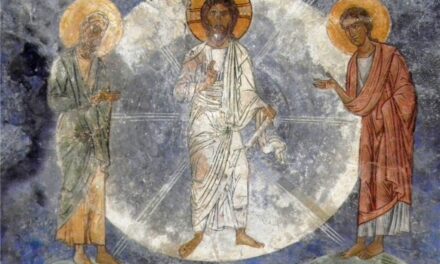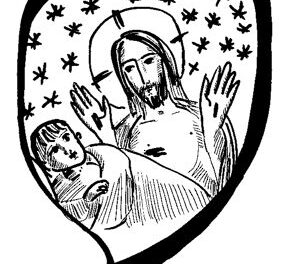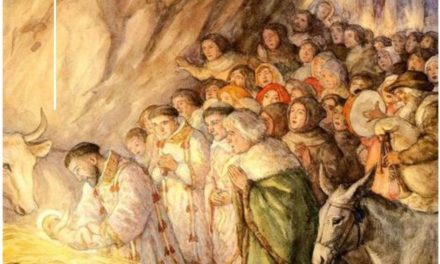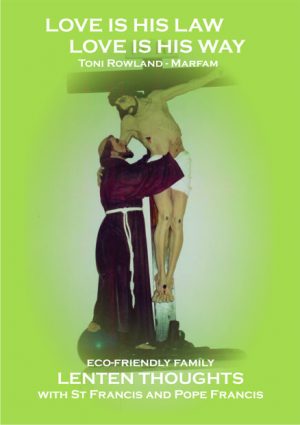January 22. A large part of the Old Testament contains a history God’s involvement with his people. At times they were faithful to his covenant with them, “you will be my people and I will be your God.” At other times they were unfaithful, disobeyed and even rejected God to follow local idols and gods of other inhabitants in the land. Many times God renewed his Covenant agreement with them. After Saul was rejected by God for disobedience, David was chosen to succeed him and was seen as the greatest and most successful king. He ruled for forty years, fought many wars and built Israel up as a strong nation. Today some rulers may be revered for a long rule, but mostly we believe in regular change which does help to avoid corruption. There has also been a growing anti-war attitude since the end of WWII and the formation of the United Nations, but this has not been adopted everywhere. Research into how many countries in the world are at peace or in a war situation at present and for what reasons can be shocking. What made or makes those countries and their rulers great or otherwise? Would the same thinking of long service apply within the Church?
Reflect, share. Scripture: King David grew greater and greater and the Lord, the God of hosts was with him. Read from 2 Samuel 5:1-10. Pope Francis. The Church while respecting the autonomy of political life, does not restrict her mission to the private sphere. On the contrary, she cannot and must not remain on the sidelines in the building of a better world, or fail to reawaken the spiritual energy that can contribute to the betterment of society. FT276. I prefer a Church which is bruised, hurting and dirty because it has been out on the streets, rather than a Church which is unhealthy from being confined and from clinging to its own security. EG 49 Pray: for our leaders that they may be peace-loving for the good of their people. Choose appropriate action.







Recent Comments